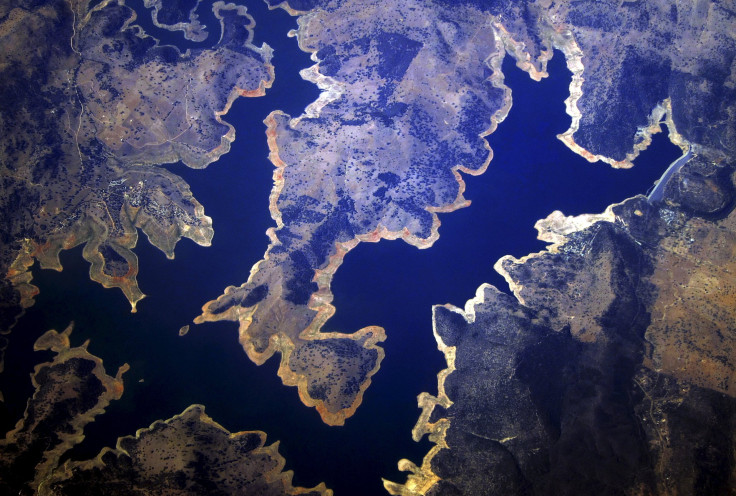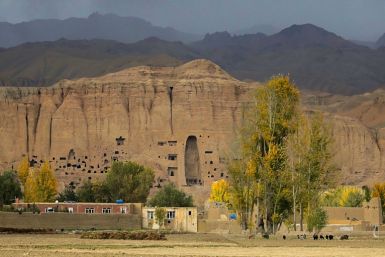Senior US official calls climate rejection by AU politicians 'disturbing'

“Disturbing,” this is how a senior US government official criticised the rejection of climate science by Australian politicians. Virginia Burkett, chief scientist for climate and land-use change at the US Geological Survey, described the denial of climate science as a surprise that turns out to be a global problem today.
An Australian study about the coastal planning of the government shows that “most policymakers don’t trust the science” of climate change. The climate denial of the Australian decision-makers was surprising, Burkett said, as at first she thought it was just a US problem.
Another recent study suggests climate denial was already common in Australia, with Prime Minister Tony Abbott previously claiming climate science as “crap,” but now insists that he accepts human activity is negatively affecting the climate.
“It’s hard to explain to a politician that we are getting more rain but also more drought, because the rain is concentrated. Maybe it’s too complicated for policymakers, we’re not simplifying it enough,” Burkett said.
Several scientists have also worked against Abbott’s claim on Australia’s new climate target as “environmentally and economically responsible.” The new target aims to reduce carbon emissions by 26 to 28 percent by 2030, based on 2005 levels.
Doubts have been cast over the target’s consistency to avoid 2°C or more of warming, which is the internationally agreed threshold for dangerous climate change. Burkett said that there were also publications coming out saying that the 2°C target is not conservative enough for the environment.
“There has been a lot of rethinking over the 2°C target, about it not being adequate to ensure the sustainability of human and natural systems,” she said. The 2°C warming has been linked to increased heatwaves, disrupted food production and the rise of sea levels.
The Commonwealth Scientific and Industrial Research Organisation, or CSIRO, and the Bureau of Meteorology claimed climate change will hit Australia harder than many other countries in the future, with an estimated temperature increase of up to 5.1°C by the end of the century if the emissions from fossil fuels aren’t reduced.
David Balton, deputy assistant secretary for oceans and fisheries at the US Department of State, cautions all countries should exert more effort to prevent the impacts of climate change. Burkett said the government must keep “pushing in the lead-up” to the Paris Climate Summit in December, and as well as keep the effort into the future.
“Ultimately, we are going to have to change the way we live if we are to keep our planet in the safe zone,” she said. The Intergovernmental Panel on Climate Change has been asked by the US to focus more on how climate change is altering the world’s oceans and ice in its next report, Burkett stated.
Contact the writer at feedback@ibtimes.com.au or tell us what you think below






